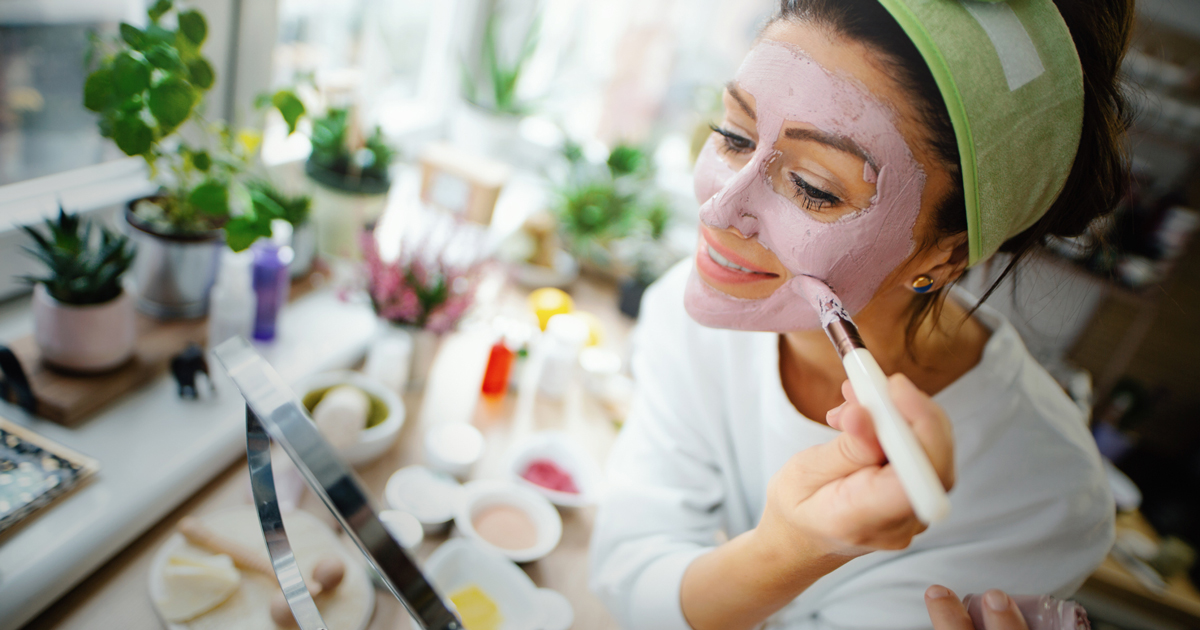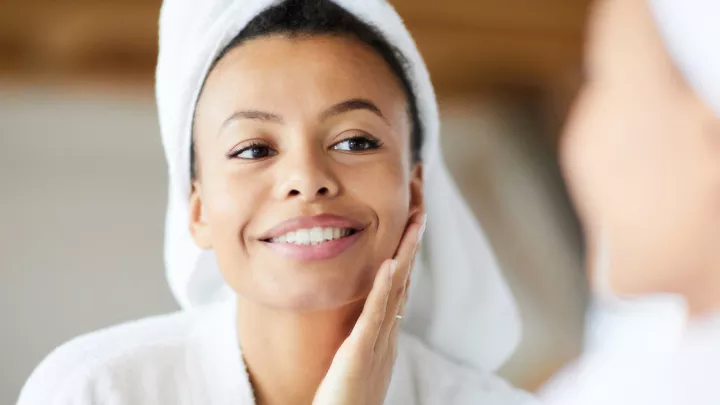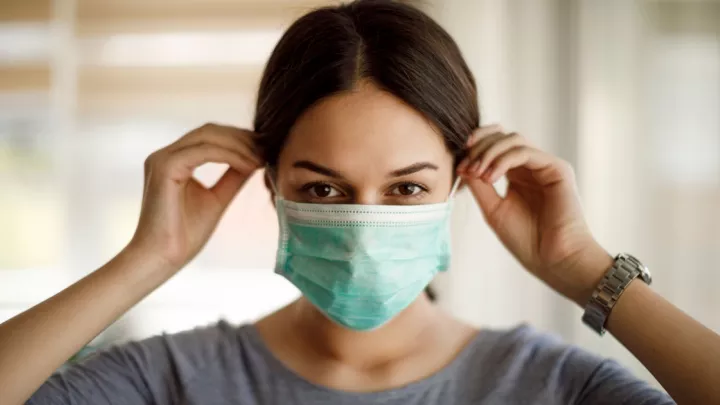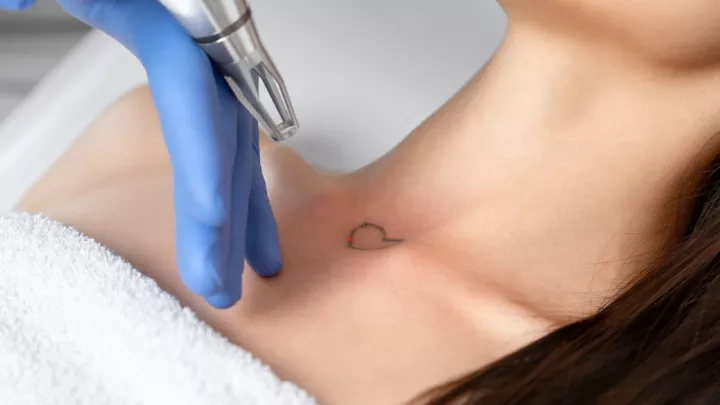Dermatologist dos and don'ts for at-home facials

During COVID-19, a lot of people have tried at-home facials with mixed results. Some products promise satisfying results but can damage your skin. I'll cover what I recommend you do or don't try, and when your skin is telling you it needs to see a dermatologist.
Blemish extractor
In the right hands, a blemish extractor is a useful tool. We use a medical-grade comedone extractor pretty frequently in our clinic. Dermatologists remove acne in a specific way, so I'd get nervous about having a patient do what I do. Patients with an obsessive compulsive disorder or body dysmorphic disorder can get overly focused and do a lot of damage.
Pore vacuum
With a pore vacuum, it's easy to go overboard because there's suction. If everything's clean, you're probably not going to run into much trouble. But if it feels like you're getting in over your head, go to a dermatologist.
Peel-off facial masks
Peels can be good for your skin, but look for ones formulated by dermatologists. Charcoal has anti-inflammatory properties, so charcoal-based masks work well for acne-prone skin. You can also get a medical-grade peel or a full-face laser resurfacing in our Dermatology Clinic.
Essential oils
If you put undiluted essential oils on sensitive skin, you can get dermatitis or a contact allergy. So you have to be a little careful. Even ingredients that are 100% natural can irritate the skin or cause allergies. For example, the only thing I use tea tree oil for is to slightly irritate the skin. It shouldn't be used topically at home.
When a reaction needs to be looked at
Stinging or some discomfort during an at-home facial is normal. So is a little bit of dryness the next day. But a stronger reaction may indicate damage. You don't want to do more damage by, for example, introducing a bacterial infection, which could lead to scarring.
If you experience any of the following, it's time to see a dermatologist:
- Scabs or rashes
- Persistent pain
- Dryness
- Itching
The best skin care routine for any skin type
Following this three-step routine every morning will do more for your skin than any at-home facial.
- Use a gentle cleanser.
- Put on broad-spectrum sunscreen of SPF 30 or higher.
- Apply moisturizer.
You might also incorporate other products depending on your skin care goals. For example, topical retinol at night is great for acne-prone skin. You can make an appointment with me or another Nebraska Medicine dermatologist to find out exactly what your skin needs and how to keep your face hydrated and refreshed.
Call 800.922.0000 to make an appointment with a dermatologist.







